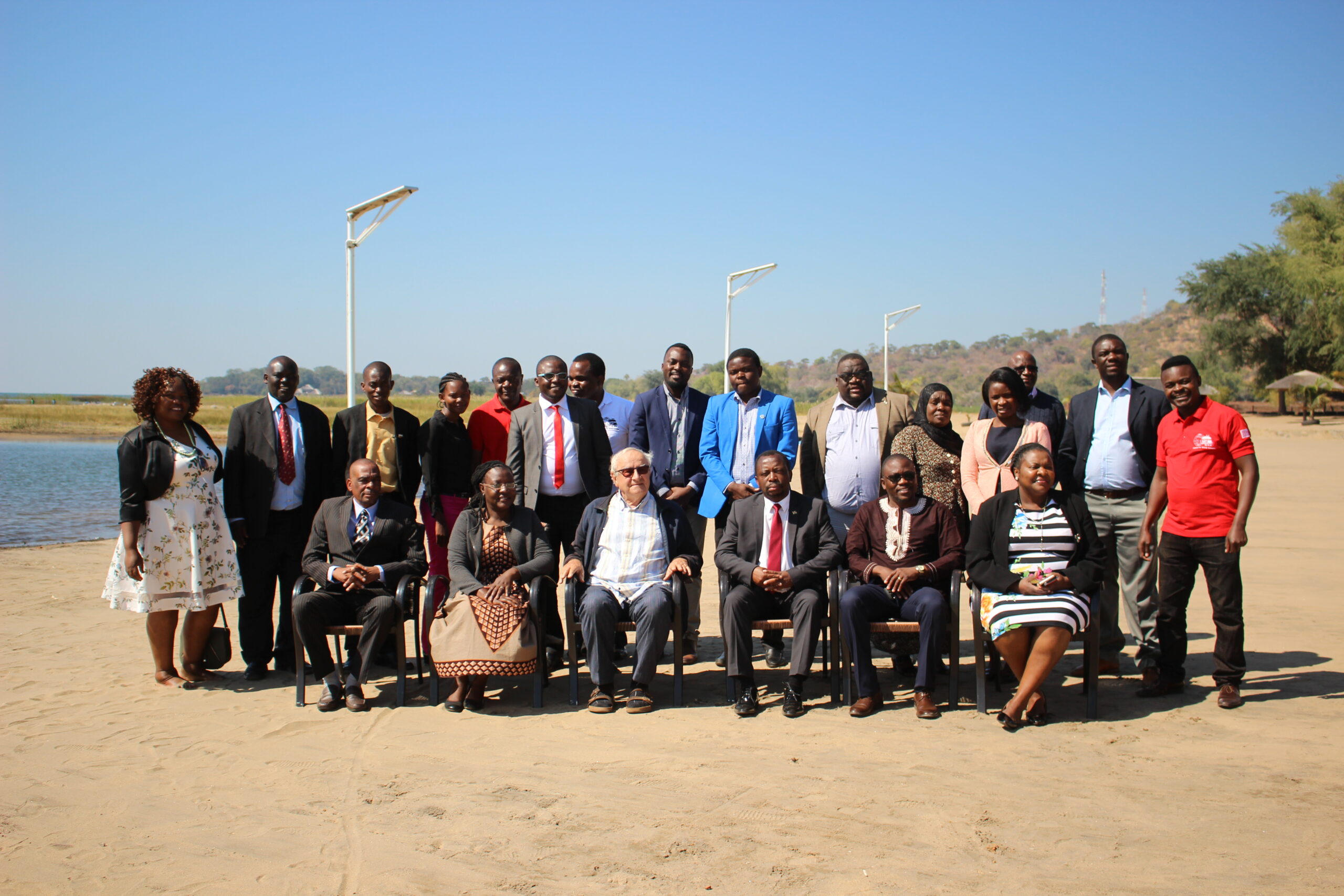Change Lab revolutionizes horticulture industry in Malawi
Stakeholders in the horticulture industry in Malawi have taken a major stride towards a collaborative approach to productive employment and sustainable enterprises. Dubbed the Change Lab, the concept seeks to bring players and interested stakeholders in the industry to discuss innovative ideas on how to work towards a living wage in the horticulture industry in Malawi.
The Change Lab was officially launched on July 25 and brought together civil society, government, trade unionists, employers and consultative certification bodies to discuss and deliberate on the current situation of workers, the challenges they face and what could be done to improve conditions of work for workers in the agricultural industry, particularly in the horticulture sector.
Hivos and the Centre for Social Concern (CfSC) agreed to initiate a change lab process to stir dialogue and commitment with key stakeholders on the improvement of working conditions of especially women in the agriculture industry in Malawi.
Hivos funded the conference whose theme was: ‘The Change Lab in the horticultural sector: towards a collaborative approach for productive employment and sustainable enterprises’.
The CfSC in 2018 received a grant from Hivos specifically under the Women@Work Campaign in the horticultural value chain. The campaign seeks to achieve decent work for women in this sector by engaging key state and non-state actors in the global horticultural value chain.
Research done by Hivos has shown that working conditions in the horticulture value chain needed to improve in terms of wages, unionization and occupational health and safety matters. Further research by the CfSC showed poor wages were the norm in the sector.
In global horticulture value chains, women mainly perform the unskilled, lowest paid and most flexible jobs, the research showed, exposing them to exploitation, intimidation and sexual harassment.
Officially opening the conference, Mr. HK Nyangulu, Labour Commissioner in the Ministry of Labour, Innovation and Youth thanked Hivos and CfSC Executive Director Fr J. Kuppens for the CfSC’s commitment to the cause of the poor which was manifested in the ongoing fight for a better wage.
He said the situation at hand required that the minimum wage moves closer to the living wage.
“One of the key aspects of decent work is a living wage which if paid to workers, research has shown, results in high levels of productivity. On the other hand, research and experience has shown that it is not easy to pay a living wage due to the production challenges employers face.”
The multi-stakeholder conference brought together diverse actors who converged and freely explored ways to improve dialogue, co-creation and prepare innovative ideas and interventions towards sustainable enterprises and productive employment in the global horticultural value chain.
Some of the challenges faced by the horticulture sector echoed by the stakeholders were: use of child labor, poverty wages, inadequate resources for the implementation of policies and enforcement of legislation, lack of financial inclusivity especially pertaining to women, lack or inadequate labor inspections by government, bureaucratic processes in registering a business which discourages small-scale farmers from expanding, production quality and quantity and high cost of exports/imports.
The conference concluded that for a decent wage to be tenable, government must create a conductive environment for business, underlining that the major concerns include low productivity and lack of skills.




